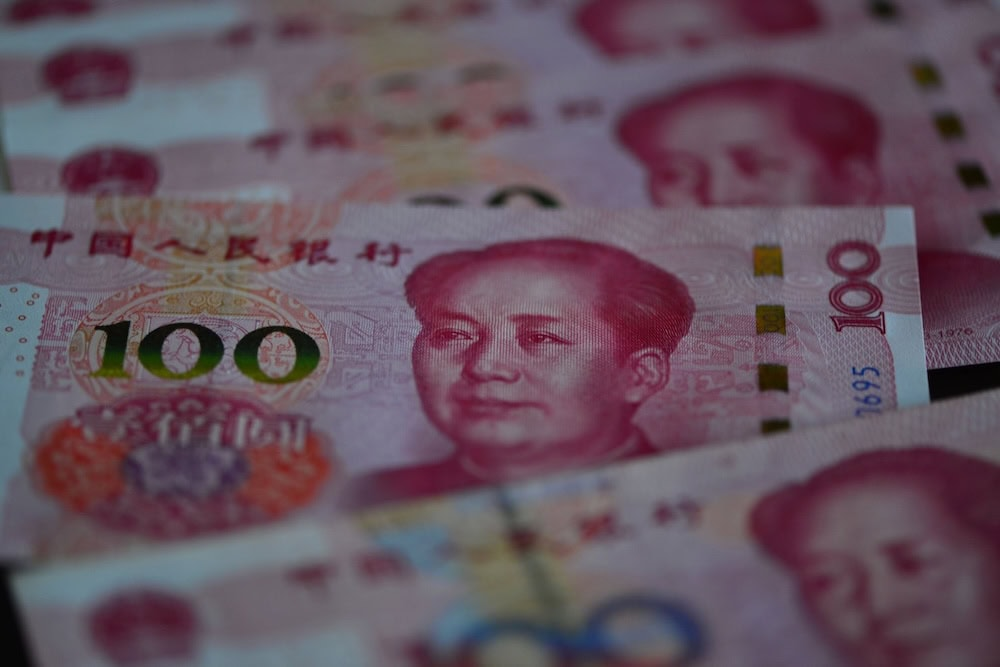- cross-posted to:
- world@lemmy.world
- china@sopuli.xyz
- cross-posted to:
- world@lemmy.world
- china@sopuli.xyz
cross-posted from: https://feddit.org/post/3765597
[…]
While censorship on economic issues is hardly new, the level of repression has taken a darker turn of late, sending chills through anyone in the country who analyzes the economy as part of their profession.
The most extreme example is the reported disappearance of Zhu Hengpeng, one of China’s most prominent and well-connected economists. Zhu is a director at the Chinese Academy of Social Sciences (CASS), a leading think tank that reports directly to the cabinet.
[…]
He is believed to have been forcibly disappeared in April after he made disparaging remarks about the economy in a private chat group on the Chinese social media platform WeChat. The specifics of what Zhu said are unclear, but some reports indicate that he had “improperly discussed central policies” and made a reference to the “mortality” of Chinese Communist Party (CCP) leader Xi Jinping.
[…]
While economic information is perceived as being less politically sensitive than discussions about democracy or human rights in China, […] research shows that over the past decade, the CCP has repeatedly ratcheted up restrictions whenever the economy appears to be in trouble. This year, the crackdown has increasingly focused on content that addresses income inequality, youth employment, and poverty – in other words, deep-rooted problems that affect large swaths of the population and could undermine a key pillar of the CCP’s political legitimacy.
[…]
Chinese citizens are also prohibited from expressing their feelings about the economy. In February, WeChat removed a popular article that reported on survey findings from the Guangzhou-based Canton Public Opinion Research Center, which revealed a prevailing sense of pessimism about the country’s economic well-being. Around the same time, the CCP’s flagship mouthpiece People’s Daily published an article titled “The Whole Country Is Filled with Optimism,” attempting to project positivity online. Netizens immediately flooded the social media platform Weibo with posts ridiculing the article. Within hours, the hashtag being used to discuss the piece was removed from public view.
[…] information on the economy is a daily concern for almost everyone in China. Tight censorship on this topic can breed mass distrust in approved sources and compel more netizens to circumvent the CCP’s draconian internet censorship, despite the possibility of punishment, in search of more objective news and analysis on China’s economic situation. In other words, censorship on the economy could ultimately backfire on censorship in general, exposing the regime to an even greater crisis of legitimacy.



No shit sherlock
Pretty much. My impression is that there’s a lot of “how” in the things today’s CCP does, but not nearly enough “why”.
They’ve invented a digital point system to discourage private talk about bad news. That’s very impressive and innovative from an organisational point of view. It’s just put towards a very questionable goal, not only morally but also practically.
Eventually that contradiction is bound to catch up with them.